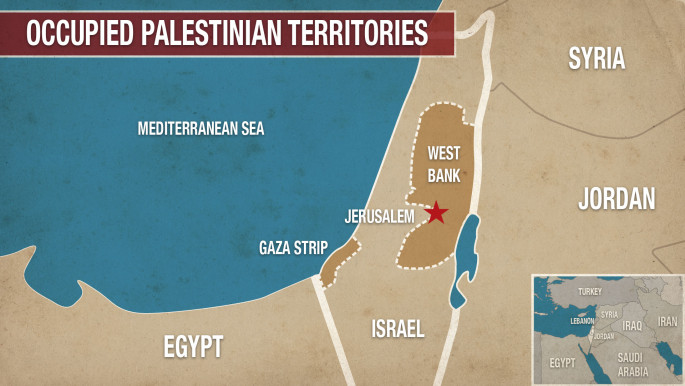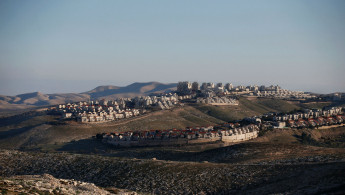Israel 'legalises' settlement outpost in response to settler killing
 |
|
The official cabinet agenda says ministers will hear a motion to designate the 15-year-old outpost as a "new community" which will have the necessary building permits and a state budget. Cabinet votes to authorise a pre-existing outpost such as Sunday's are relatively rare.
It says that about 40 families live in the outpost, but envisages its enlargement.
The move comes with European nations voicing increasing concern over settlement growth in the occupied Palestinian territory, but with US President Donald Trump largely refraining from such criticism - what many Israelis view as a green light.
Israeli authorities have advanced plans for thousands of new settlement homes in recent months.
Settlement watchdog Peace Now said that retroactively granting legal status to Havat Gilad, built without submitting development plans or obtaining construction permits, was "cynical exploitation" of Shevach's death.
Israeli settlements are seen as illegal under international law and major obstacles to peace as they are built on occupied Palestinian territory.
But Israel differentiates between settlements it has approved and those it has not.
Those without approval are referred to as outposts and tend to be populated by hard-line religious nationalists who see the entire occupied West Bank as part of Israel.
Past attempts by Israeli authorities to dismantle Havat Gilad have led to clashes with settlers there.
Israel has several times given retroactive approval to outposts, and last year work began on the first completely new government-sanctioned settlement built in the Palestinian territories in some 25 years.





 Follow the Middle East's top stories in English at The New Arab on Google News
Follow the Middle East's top stories in English at The New Arab on Google News
![Both Hamas and the Palestinian Authority welcomed the ICC arrest warrants [Getty]](/sites/default/files/styles/image_330x185/public/2024-11/GettyImages-2178351173.jpg?h=199d8c1f&itok=TV858iVg)

